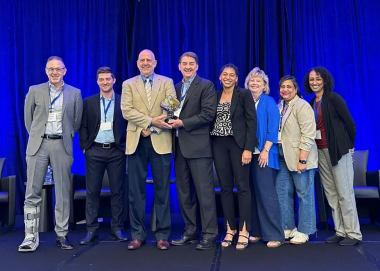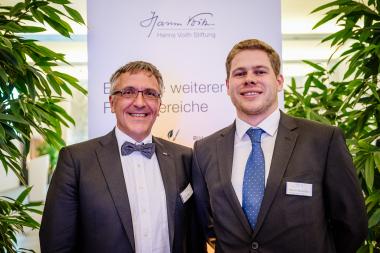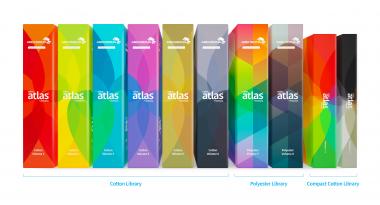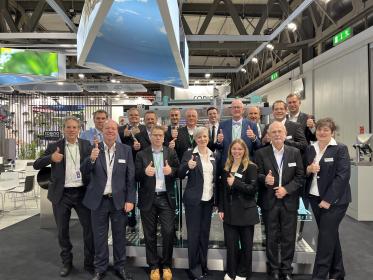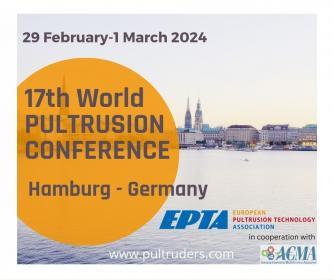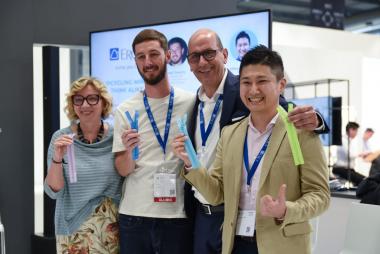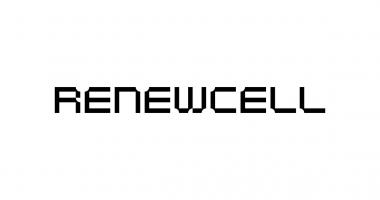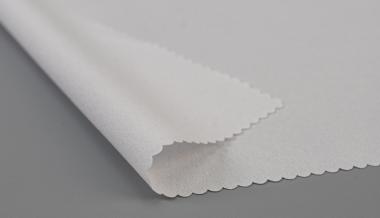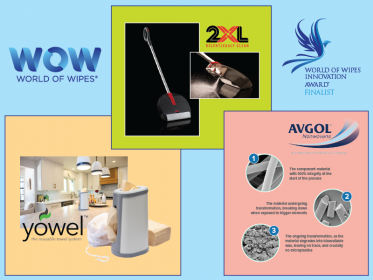INDA Innovation Award for Indorama Ventures and Polymateria's Biotransformation Technology
Indorama Ventures, in partnership with Polymateria, has been honoured with the INDA Innovation Award for their collaboration in developing pioneering Biotransformation technology to create wipes, which totally biodegrade, leaving no harmful substance or microplastics behind.
The award was presented at the recent World of Wipes International Conference in Atlanta, USA, and recognizes the level of technical innovation and investment that led to developing wipes that both deliver against the sustainability challenges of today while meeting the demands of Indorama Ventures’ customers worldwide.
Through its 10-year partnership agreement with technology innovator Polymateria, Indorama Ventures is applying Polymateria’s unique biotransformation technology to fibers and spunmelt nonwovens. Biotransformation is the world's first biodegradation technology that is capable of delivering full biological consumption of Polyolefin products in the open terrestrial environment. Polyolefin-based materials produced by this technology are especially useful for applications where materials may be leaked into the environment as unmanaged waste.
“We are constantly innovating to live up to our responsibility to optimize the Earth’s resources, as we combine nature and science in our Biotransformation PP - designed to be recycled or returned to nature,” he said. “By bringing Biotransformation technology to Hygiene markets, we hope to offer a real-world solution to waste management. We particularly hope to address aspects of the creation of fugitive waste and remove this from the environment without causing additional, and potentially more dangerous, problems.”
WOW World of Wipes Innovation Award® Indorama Ventures Limited Polymateria biotransformation technology
PHD Marketing Limited


